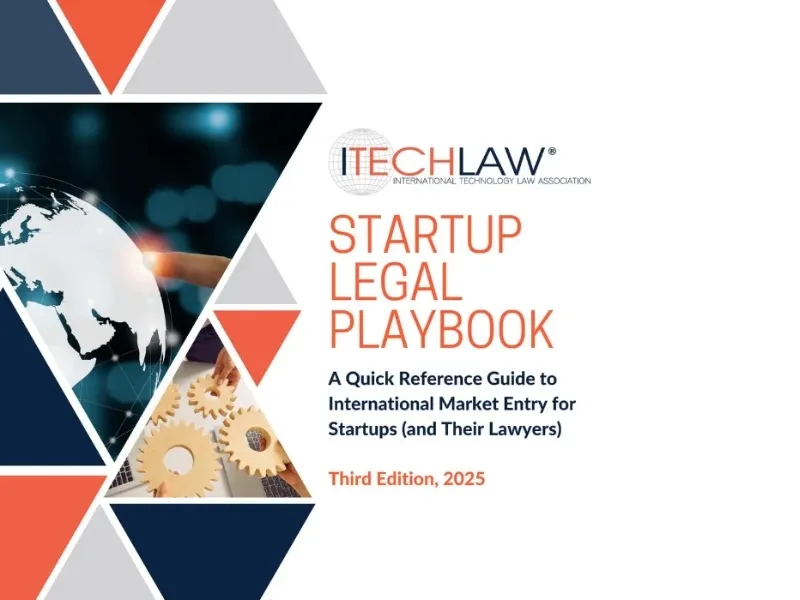Legal Foundations for Startup Success: Navigating Early-Stage Challenges
Creating a startup is always a daunting challenge, and in the early stages founders will have their hands full with the technical and operational side of the business. Important legal aspects of running the startup will often get overlooked, with potential negative consequences for the long-term.
The following are five legal issues which early-stage founders should pay attention to:
1. Get a Founders Agreement in place
The founders of a startup should reach a clear understanding on the terms of their relationship at an early stage. Not doing so can lead to misaligned expectations down the line, resulting in disagreements between founders which can shut down operations and ruin any chances of further success, throwing years of hard work down the drain.
Co-founders should structure their relationship by entering into a “Founders Agreement”, which will define the terms of the relationship between the founders going forward. Founders Agreements typically cover, among other things:
- How the ownership of the company will be divided;
- What are the roles and responsibilities of each of the founders;
- How the company will be managed and decisions made;
- What will happen in a fundraising, founder exit or sale of the company; and
- How disputes between the founders will be resolved.
2. Protect your intellectual property
For many startups, the main value of their business lies in the unique intellectual property which they develop. Innovation in the business world moves fast, so if a startup has developed a unique invention, product, or technology, founders should take appropriate steps to protect their intellectual property. Conversely, it is important to ensure that the business is not infringing on intellectual property rights of third parties, which may lead to costly disputes or even having the business shut down.
Considering this, in order to protect their key assets, founders should make an effort to apply for and register any necessary copyrights, trademarks, patents or other intellectual property rights, and to seek out appropriate legal advice regarding issues which may lead to disputes over intellectual property rights.

3. Make compliance a priority
Depending on the type of product, service or technology developed by your startup, a range of legal or regulatory requirements or restrictions may apply. These may include licensing requirements, data privacy rules and regulations, corporate and tax obligations, and industry specific regulations (such as finance, insurance, gaming, medical industry regulations etc.).
For the founders, it is critical to ensure that development of their product/service and the operation of the business is in compliance with the applicable regulatory framework from an early stage, as this may impact the success potential of the business as well as affect the interest of serious investors.
Having said this, compliance may be a tricky issue for founders to navigate as many startup business models are disruptive by nature and may operate in legal grey areas, so it’s important to get good legal advice on board to help you navigate the tricky waters of compliance.
4. Be protected by your contracts
Contracts are the legal mechanism by which business is conducted. As a startup, your company will need to sign a variety of contracts with your customers, suppliers, partners and employees. The terms of these contracts will define the rights and obligations of your business, and so it is essential to ensure that you are sufficiently protected under the contracts you are signing.
Considering this, it is important to carefully review key contractual clauses for each situation. Examples of important clauses to consider include non-disclosure arrangements and confidentiality clauses (to protect your trade secrets and IP), non-compete arrangements (for co-founders and employees), and contract termination and penalty clauses, all of which may have a fundamental impact on the success of your business.
5. Find the right corporate structure
Many founders may not immediately consider the structure that their future business empire might take, but it is worth giving some thought to the corporate structure of a business even at an early stage. An appropriate corporate structure will facilitate the rapid expansion of the business, allow the fundraising and investor onboarding process to go smoothly, and optimize the company’s operations going forward.
Things that should be considered at an early stage include:
- Where and what type of corporate entities to incorporate;
- How to structure the ownership of the business (e.g. through specialized holding companies);
- The best way to operate in different jurisdictions (e.g. through local operation subsidiaries, distribution or licensing models etc.); and
- How to optimize for tax and risk management.
The above are only a few of the legal issues that should be considered when building your startup. By giving due attention to these issues at any early stage, you will greatly increase your chances of bringing on new partners or investors and building a successful business.



